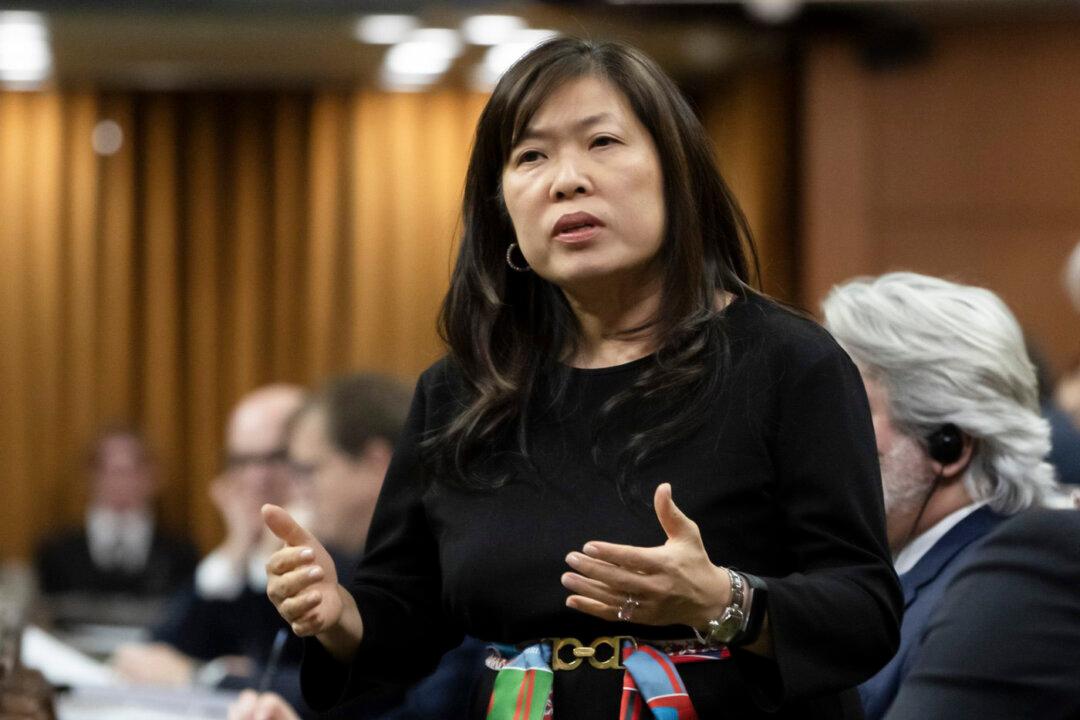The United Kingdom is hitting the brakes on trade talks with Canada after Ottawa decided to not extend two temporary measures put in place after Brexit.
London announced the pause in negotiations on Jan. 25, less than a month before the next round of talks towards a permanent trade deal was expected to take place.





